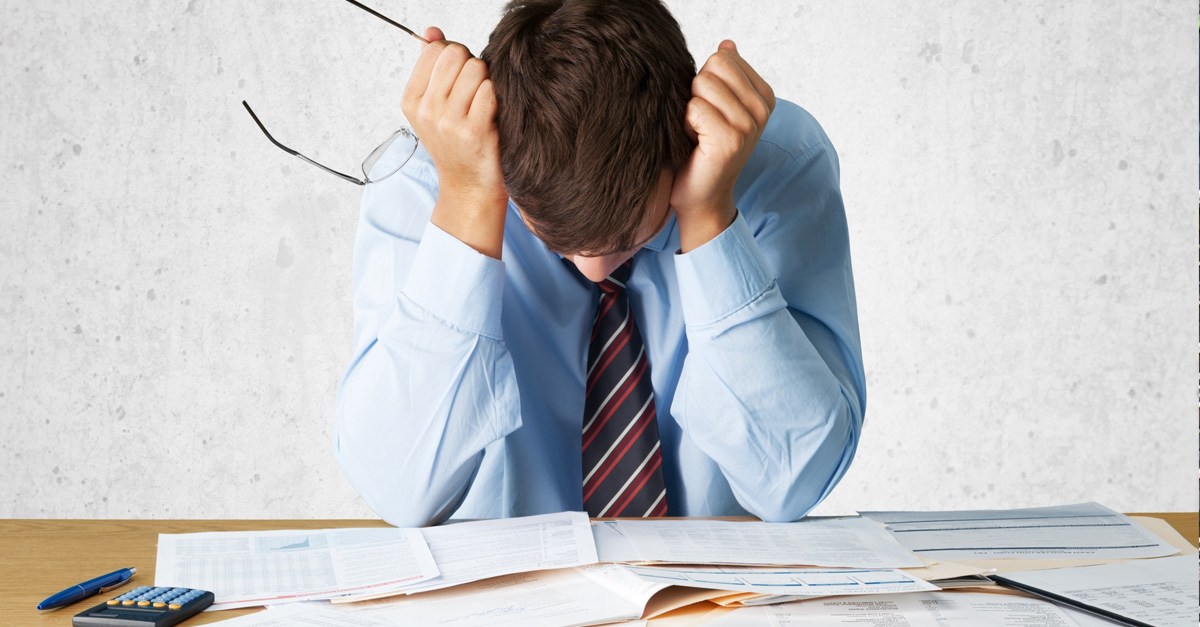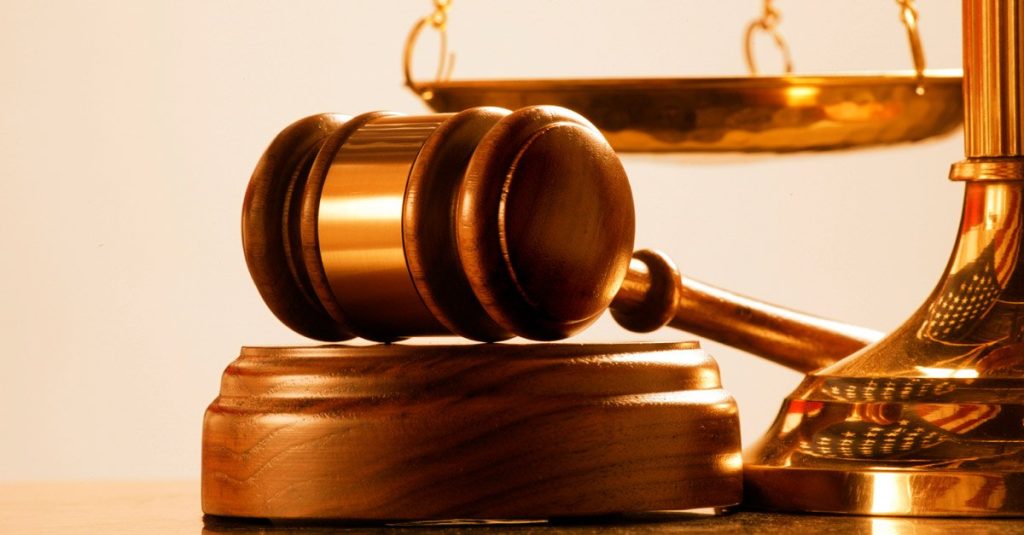Requirements to access the Second Chance law

Since the entry into force of Royal Decree-Law 1/2015, of February 27, on the second chance mechanism, reduction of financial burden and other measures of social order, better known as Second Chance Law, natural persons began to receive the same treatment against to bankruptcy than legal entities.
The objective of the Second Chance Law is none other than to allow a natural person, despite suffering an economic failure, whether business or personal, to have the possibility to rebuild your life again and even start a new business, without having to drag debts indefinitely that you will hardly be able to satisfy.
The second chance mechanism is an exception to the provisions of article 1911 of the Civil Code, that is, it is an exception to the universal liability of the debtor. Said mechanism allows the debtor the exoneration of the unsatisfied liability as long as certain requirements established in the Second Chance Law are met, which means the debtor’s release from having to deal with said debts.
It may interest you:”Differences between the voluntary bankruptcy and the necessary bankruptcy”
The debtor can obtain the exoneration of the unsatisfied liability when the active mass of the bankruptcy is not sufficient to cover the debts or when the bankruptcy ends by liquidation. For the debtor to see his request for exemption of the unsatisfied liability admitted, he must be a bona fide debtor.
We will be before a debtor in good faith as long as the following requirements are met:
- That the bankruptcy has not been declared guilty, that is, that the declaration of bankruptcy is not due to fraud or gross negligence of the debtor.
- That the debtor has not been sentenced for socioeconomic, patrimonial crimes or documentary falsification, as well as crimes against the Public Treasury, Social Security or the rights of workers in the 10 years prior to the declaration of bankruptcy. In addition, in the event that the debtor is involved in a pending criminal proceeding, the bankruptcy judge has the duty to suspend his decision in reference to the exoneration while the criminal proceeding lasts.
- That the debtor has entered into or attempted to enter into an out-of-court payment agreement with his creditors.
- That the debtor has satisfied the credits against the estate and the privileged bankruptcy credits. Credits against the estate are considered to be those that originate after the declaration of the bankruptcy, among others, those of the legal costs and expenses necessary for the application and declaration of the bankruptcy, as well as those generated by the normal functioning of the exercise of the professional or business activity of the debtor once the bankruptcy has been declared. For its part, the Bankruptcy Law determines that privileged credits are classified, in turn, into special privileged credits (those that affect certain assets or rights, such as mortgages) and general privileged credits (those that affect the the debtor’s assets, such as debts with the Public Treasury and Social Security).
In the event that the debtor had not attempted an out-of-court payment agreement with its creditors, the debtor must also have satisfied at least 25 percent of the ordinary bankruptcy claims.
- That the debtor agrees to submit to a payment plan for debts from which he is not exonerated within the five years following the end of the bankruptcy, unless its expiration is after this period. From the end of the contest and until the aforementioned five-year period passes, the outstanding debts will not accrue interest.
- That the debtor has not breached his obligations of collaboration and information, that is, that the debtor has the duty to appear personally before the Court and the bankruptcy administration every time that is required, in addition he must collaborate and report on everything necessary in the interest of the contest.
- That the debtor has not obtained the benefit of the second chance in the last 10 years.
- That the debtor has not rejected a job offer, provided that said offer is appropriate to his or her abilities and has been received in the four years prior to the declaration of bankruptcy.
- That the debtor expressly accepts in his request for exoneration, that if said benefit is obtained, it is included in the Public Insolvency Registry, so that third parties who have a legitimate interest in the debtor can find out his patrimonial situation. This inclusion in the Public Bankruptcy Registry will be carried out for a period of 5 years.
As long as the individual debtor (individual, businessperson or self-employed person) meets the requirements set forth above, that is, they are a bona fide debtor, they may avail themselves of what established in the Second Chance Law and request from the bankruptcy judge the benefit of the exoneration of debts that he has not been able to satisfy.
It may interest you:”Liquidation of companies : The Bottom Line”



















